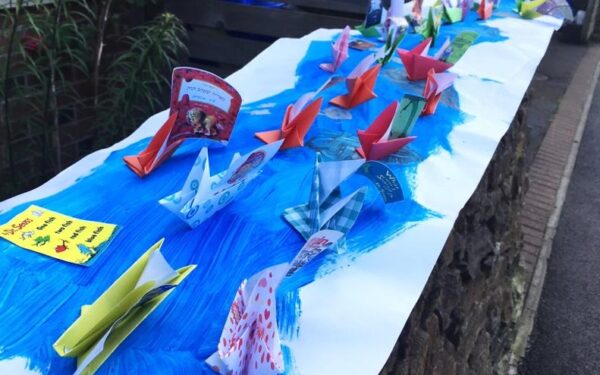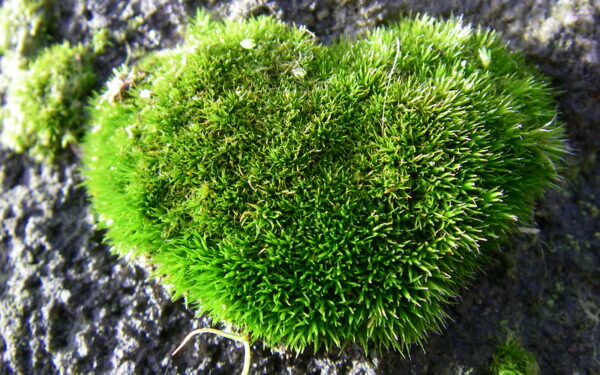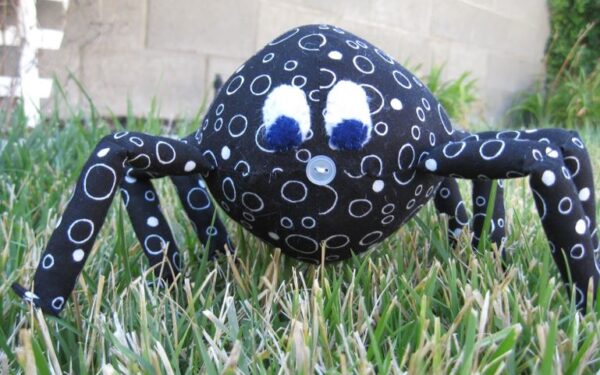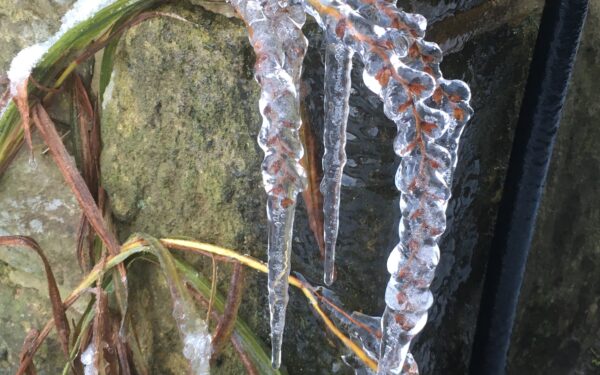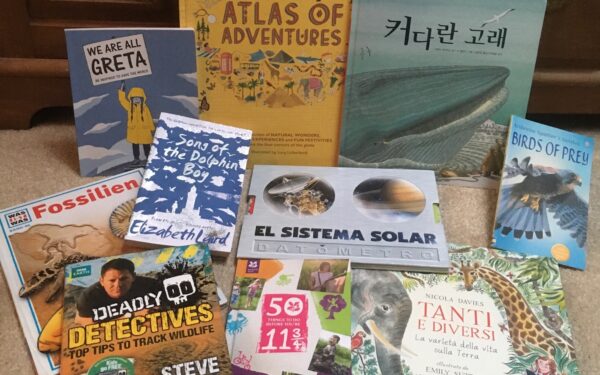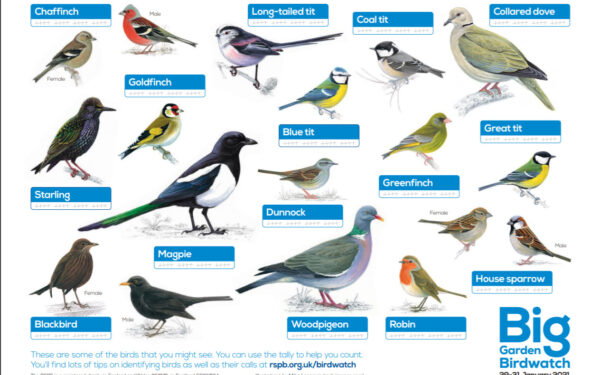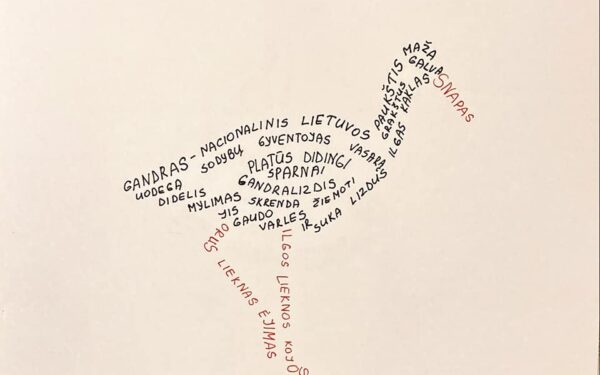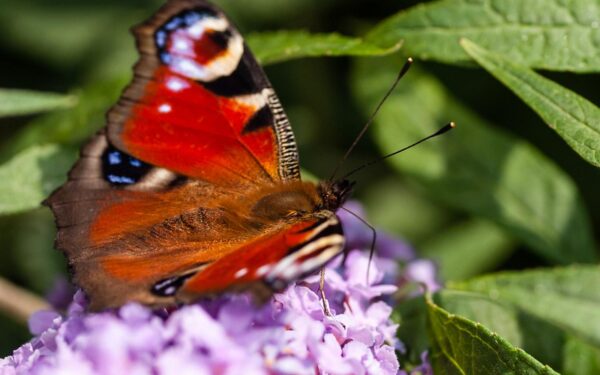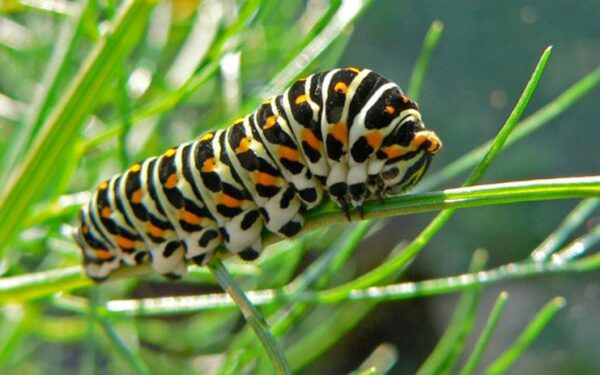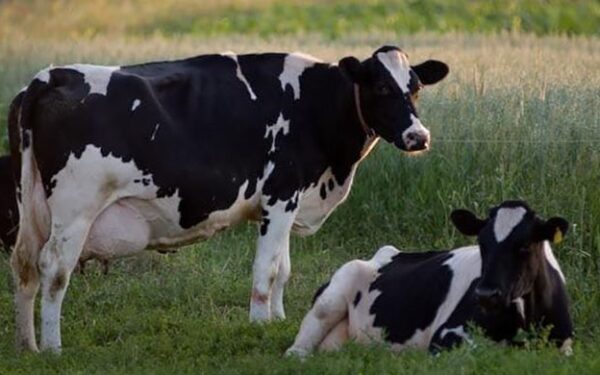This activity uses Christina Rossetti’s poem to engage children in listening to, reading, thinking about, and writing poetry, drawing on their full linguistic repertoire. The activity is supported by a video (below), a worksheet, and a PowerPoint presentation.
Read MoreView from my window
The aim of this activity is to discover and report on views of nature and the surrounding environment from windows in different places, where different languages are spoken, around the world. ‘View from my window’ allows children to draw comparisons between a favourite or familiar view from a window, with one enjoyed by a friend […]
Read MoreRivers of Reading
This activity is particularly suitable for World Book Day, although it can be run at any time of the year. The Rivers of Reading methodology invites children to create a collage-like piece of work which links their reading experiences to critical incidents in their lives. It lends itself very well to home learning.
Read MoreA day in the life
‘A day in the life’ is a storytelling activity suitable for key stage 1 or 2. Children will be encouraged to think in depth about the daily habits and practices of a particular bug or small animal. The advantage of the activity is that the story can be built in stages and there is considerable […]
Read MoreCould your school be a Lost Wor(l)ds Feature School?
Every month, we are hoping to share schools on our blog who have used one or more of our activities, to gather examples of good practice, to showcase pupils’ language skills, and to enable schools to evidence their engagement with multilingualism in the classroom. Find out the very simple steps to become a Lost Wor(l)ds Feature School!
Read MoreWor(l)d Home schooling
If you’re looking to inject some nature and language related fun into your home schooling schedule, then look no further! At the ‘Lost Wor(l)ds’ project we’ve selected five easy activities suitable for mono and multilingual children to enjoy. The following activities have been adapted from a wide and growing library of resources available for free […]
Read MoreWinter Scavenger Hunt
This winter scavenger hunt is suitable for home learning, giving children the chance to explore the outdoors and decide what to enter in different categories on the accompanying worksheet.
Read MoreWrite a Wor(l)d Book Review
The Lost Wor(l)ds blog hosts book reviews for books which feature nature, the environment, and conservation. This activity encourages children to write a book review themselves, with the possibility of having in published on the Lost Wor(l)ds website. The book review template for download is provided in Word format, enabling children to fill it in […]
Read MoreBird Watch
If you read this activity in January, we strongly recommend that you link it to the RSPB’s wonderful annual Big Garden Birdwatch, but it can be completed any time of year.
Read MoreCalligrams
A calligram (or shape poem or picture poem) uses words to create a visual image – a perfect opportunity for children to combine art and literacy, and use their various languages.
Read MoreMinibeast Survey
This activity includes quick and easy suggestions on how to make the traditional “minibeast hunt” multilingual, taking as its starting point pupils’ knowledge of home languages, and facilitating pupils and the teacher to learn from and with each other.
Read MoreWor(l)d Weather
‘Wor(l)d Weather’ uses the weather to explore the similarities, differences and overall comparability between languages, as well as question the reasons why!
Read MoreHappy Bug Ball
The ‘Happy Bug Ball’ is a refreshed version of the classic song the ‘Ugly Bug Ball’. This activity allows pupils to explore the words for insects in multiple different languages, incorporate and perform them in a new multilingual version of the ‘Happy Bug Ball’.
Read MoreOld MacDonald
The ‘Old MacDonald’ activity can work well with key stage 1 and 2 pupils. This is a fun way to transform a traditional English nursery rhythm, into a multilingual song. The song can incorporate, as many language/s spoken by, or of interest to pupils.
Read MoreCreature Feature: a multilingual puzzle/poem
In this activity, students are encouraged to think about the five senses to explore a wild creature, writing a poem. The concept of the five senses is dual – how do our eyes experience the creature, and how does the creature see the world?
Read More

